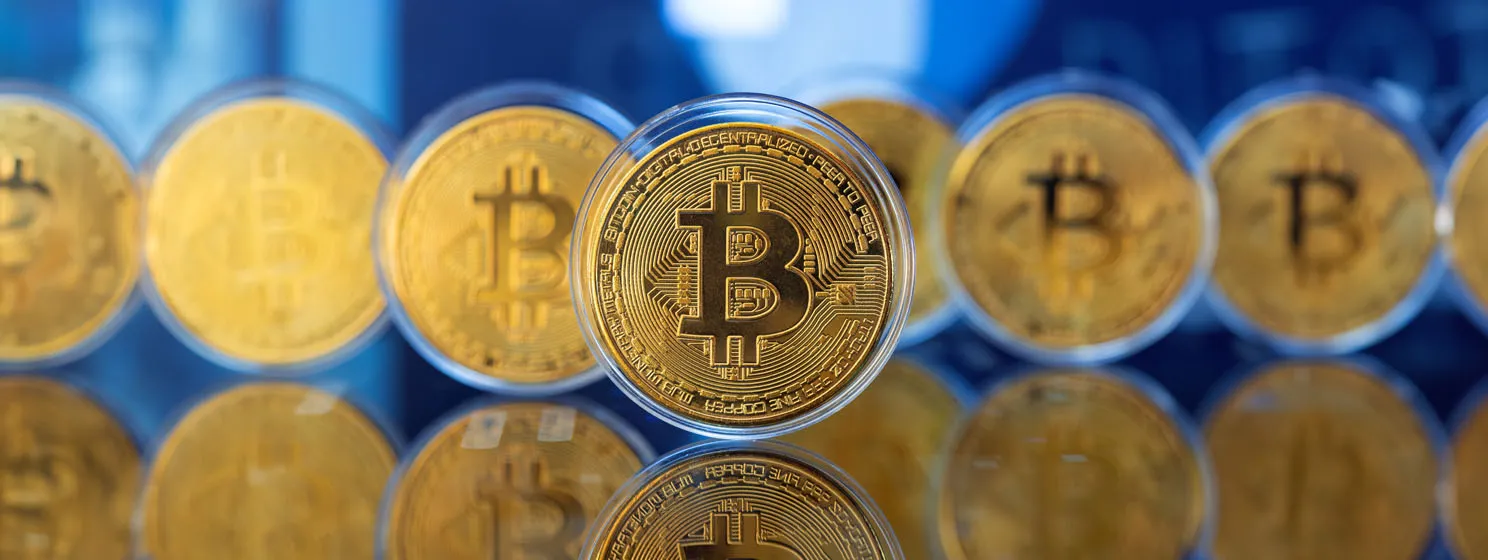|
Getting your Trinity Audio player ready...
|
On this episode of the CoinGeek Weekly Livestream, Brendan Lee from Elas Digital joined Kurt Wuckert Jr. to talk about what Elas Digital has been up to, tokenization, and scaling Bitcoin in the long run.
Wuckert’s latest article for CoinGeek
Wuckert published Reserve Assets Are for Idiots on CoinGeek this week. He discusses Keynesian economics, sound money, and how people like Michael Saylor, who promote Bitcoin as a reserve asset, betray Satoshi Nakamoto’s vision.
With several U.S. states and nations like El Salvador, Argentina, and Poland toying with or going down the same route, it’s more important than ever to understand what Bitcoin is, what it was supposed to be, and why it can never act as a reserve asset, especially with the risk Tether represents. Be sure to check out Wuckert’s article here.
What’s new with Elas?
Lee starts by explaining that he took a break from social media to think things over and figure out a few things.
However, work has been ongoing, and Elas has been working on a project with Tourism Wales alongside Buzzmint. They’ve also been building a Bitcoin Scripting Interface: Lee used to do Script in Excel, but he’s now making a fully-fledged development interface.
On a personal note, Lee says he may be the only person in Australia who is happy about the U.S. elections result. He doesn’t understand the freakout, and as a fan of free markets, liberty, and Bitcoin, he’s excited, particularly about Elon Musk’s Department of Government Efficiency.
The only downside to this is having guys like Brian Armstrong, CEO of Coinbase (NASDAQ: COIN), in President-elect Trump’s ear telling him misinformation about Bitcoin. He says there’s nothing strategic about holding BTC in reserve.
How would Lee do a strategic reserve? Why would he use virgin coins?
Lee says he has been doing strategic reserves in another way for some years already. However, this doesn’t mean buying coins and HODLing them for no reason, as Saylor and others frame it.
Instead, Lee and his team take another approach: helping companies and organizations keep better track of their specific transactions. You want them to be linked via transactional edges on the blockchain, he tells Wuckert. This means the token you pick up and use for a transaction comes from another transaction on your ledger, essentially putting a fence around your transactions. It also makes it easier for indexers to crawl relevant transactions. This is a cleaner way of doing things, meaning this type of ‘strategic reserve’ has utility.
Interestingly, Lee notes that if we pay one satoshi per transaction as a fee and process 100 million transactions per second, all 21 million BSV will be washed through the system annually.
In the future, Lee points out that you’ll have coins from different parts of the world that won’t necessarily be realizable in others. For example, coins mined in North Korea or China might not be sellable on U.S. markets and vice versa. Of course, they’ll still be able to mine and participate in running the network.
How do we break through the noise and make people see the reality of Bitcoin?
Wuckert reiterates his belief that data is money and that provenance is valuable to collectors. There are many things someone might find cool about a particular Bitcoin. Why is it so hard to educate the average person, even operating in the industry, about all of this?
Lee says it’s all a bubble, and right now, people are distracted by price more than anything else. However, he’s slowly reaching out to open-minded people, and it only takes one in a position of influence to pick up on an idea for things to change. Getting someone like Elon Musk to understand it would mean immense progress, especially now that he’s in a position of influence within government.
To hear more about Lee’s thoughts on MNEE and stablecoins and the recent surge in BSV transactions and IoT transactions, check out the livestream episode here.
Watch: Adaptable blockchain system to tackle real-world problems

 06-30-2025
06-30-2025 





